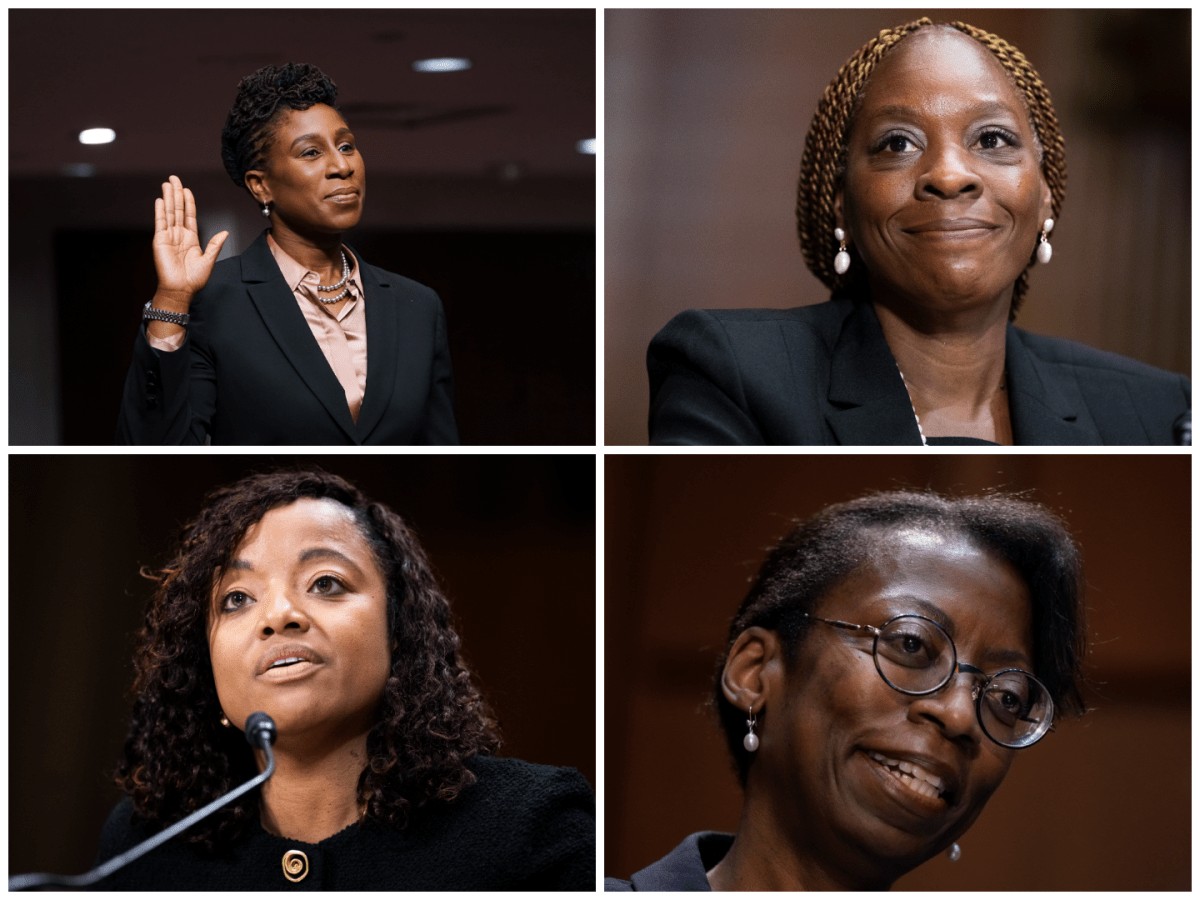
President Joe Biden has reached a historic milestone in federal judicial appointments by confirming 40 Black women to the federal bench, surpassing all previous presidential records. The latest appointment of Judge Tiffany Rene Johnson to the Northern District of Georgia marked this achievement.
This number substantially exceeds former President Barack Obama's previous record of 26 Black female federal judges. The milestone also brings Biden's total Black judicial appointments to 62, matching the all-time record for Black federal judges confirmed during a single presidency.
The appointments represent a stark contrast to the previous administration, as former President Donald Trump appointed only two Black women to federal judgeships during his first term, representing less than 1% of his judicial nominations.
Among Biden's groundbreaking appointments was Justice Ketanji Brown Jackson, who made history in April 2022 as the first Black woman to serve on the Supreme Court.
Legal experts note that these appointments bring valuable perspective to the federal judiciary. Many of Biden's appointees bring diverse professional backgrounds, with over half having served as civil rights attorneys or public defenders.
These district court judges play a pivotal role in the American justice system, often making final decisions on cases involving healthcare access, education equity, employment practices, and voting rights. As relatively few cases reach the Supreme Court, their rulings frequently stand as the ultimate verdict.
The appointments align with Biden's stated goal of creating a federal judiciary that better reflects America's diverse population. The White House views these appointments as part of a broader initiative to advance racial equity within the justice system.
The administration's push for judicial diversity continues amid ongoing debates about expanding federal judgeships, with proposed legislation currently stalled in Congress due to disagreements over implementation timing and appointment authority.